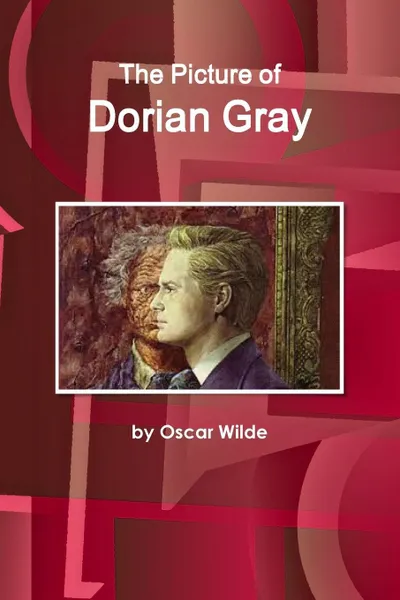The Picture of Dorian Gray 12+
📘 The first version of The Picture of Dorian Gray was published as the lead story in the July 1890 edition of Lippincott's Monthly Magazine, along with five others. The story begins with a man painting a picture of Gray. When Gray, who has a "face like ivory and rose leaves", sees his finished portrait, he breaks down. Distraught that his beauty will fade while the portrait stays beautiful, he inadvertently makes a Faustian bargain in which only the painted image grows old while he stays beautiful and young. For Wilde, the purpose of art would be to guide life as if beauty alone were its object. As Gray's portrait allows him to escape the corporeal ravages of his hedonism, Wilde sought to juxtapose the beauty he saw in art with daily life.
Мнения
